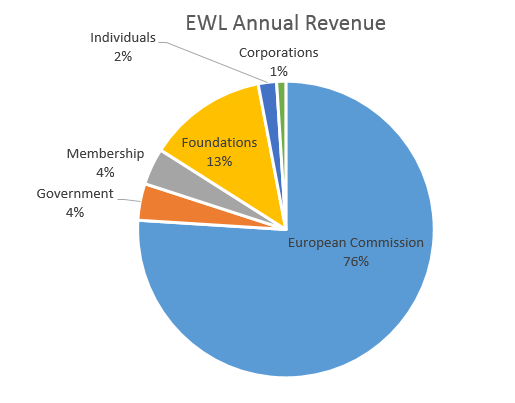by Caroline Galea
Just as we were celebrating the 100th anniversary of International Women’s Day, a proposal and a court ruling once again stirred up the never-ending debate regarding gender discrimination.
The first event centred on an announcement made a couple of weeks ago that revealed the European Commission’s intentions to make concrete proposals for a radical shake-up in the boardroom compositions of Europe’s most important and significant corporations.
Spearheading this reform is Justice Commissioner Viviane Reding who will be launching an attempt to curb male domination of corporation boardrooms with a move that would require all publicly listed companies to have women occupying a minimum of 40 per cent of directorships.
The second event was the March 1 European Court of Justice ruling against sex discrimination in insurance and its ramifications on the entire insurance “risk assessment” and the attendant repercussions on a whole swathe of insurance and pension-planning products.
In 2009, the European Women’s Lobby and Age Platform Europe partnered with Belgian consumers’ organisation Test-Achats to test the EU’s Charter of Fundamental Rights in terms of sex discrimination practised when setting insurance premiums.
In a nutshell, the lobby group challenged the legality of “opt out” clauses some countries enjoy and which allow for discrimination between sexes when dealing with access to and supply of goods and services.
In this case, the ECJ clearly decided that having different insurance premiums for men and women was incompatible with the said Charter of Fundamental Rights. This outcome has been dubbed by those in favour as a “momentous decision”. Those against have gone so far to describe the court ruling as “bonkers” (The Economist, March 1).
The immediate effect of this ruling will mean a redistribution of premiums that will see men getting discounts on their car insurance premiums.
Accordingly, women’s premiums will rise to reflect this difference. Until now, car insurers have charged young men significantly higher premiums that reflect the fact they are more likely to have serious accidents.
The ECJ decision means the insurance industry will now have to rip up its pricing model to respect this ruling. Experts estimate this would mean a drop in premiums of between 10 per cent and 25 per cent for men while car insurance premiums for women under the age of 25 may rise by an average of 25 per cent translating into a significant extra annual cost.
Those against this decision have been very clear in stating their opposition. The insurance industry immediately demonstrated its disappointment.
They say this ruling means females will be cross-subsidising men.
They do not see the logic of such a decision when the present system allows for gender price difference based on behaviour. Quite a few MEPs have joined this chorus condemning the landmark decision as “madness” and “nonsense”.
Evidently, women’s lobby groups think otherwise. Ms Reding welcomed the ruling as “an important step towards putting the fundamental right of gender equality into practice”.
But why would women’s rights groups celebrate a hike in insurance rates for women? Clearly, the ruling must have other positive collateral effects and so it seems!
Evidently, the ruling is not so much about car insurance but a much bigger issue surrounding pension plans, schemes and payouts. Due to demographic and biological factors, a woman’s longevity is presently a disadvantage on health and life policies for females. In other words, women are being discriminated against (read having to pay more) because they have a longer life expectancy than men. It seems this, in turn, affects the underwriting of private pension contracts that allows for men to benefit from higher incomes than those of women.
The ECJ decision will have to change the whole insurance game plan.
Such changes should bring about a level playing field between men and women in such a delicate area. Yet, I have a nagging feeling the story has a long way to run.
Firstly, the ruling does not come into effect before December 21, 2012. This gives the insurance industry ample time to adjust.
In this time the industry will inevitably have to find ways to cover the extra costs it is to incur if it ramps up payments or increases/decreases premiums accordingly.
It would be foolish to believe some profound changes will not happen if the pension plans are to remain viable.
Some believe that unless there is strict supervision to account for these changes, profiteering could be the undesired outcome, which would see both men and women incurring increased costs with no substantial attendant benefits in the long run.
In the meantime, national regulators around Europe must sit down with the industry to come up with a sustainable and fair plan to reflect the ECJ decision. So it seems women should not start celebrating just yet!
info@carolinegalea.com


